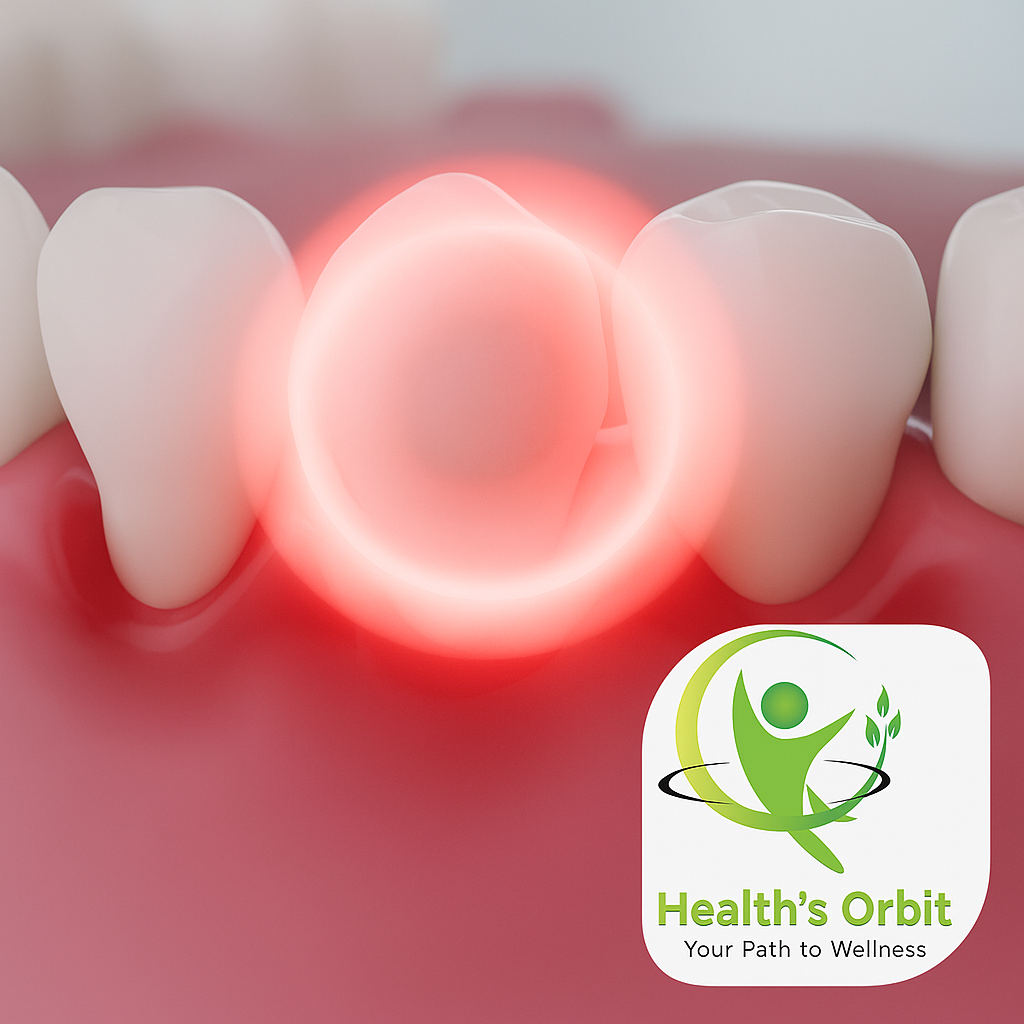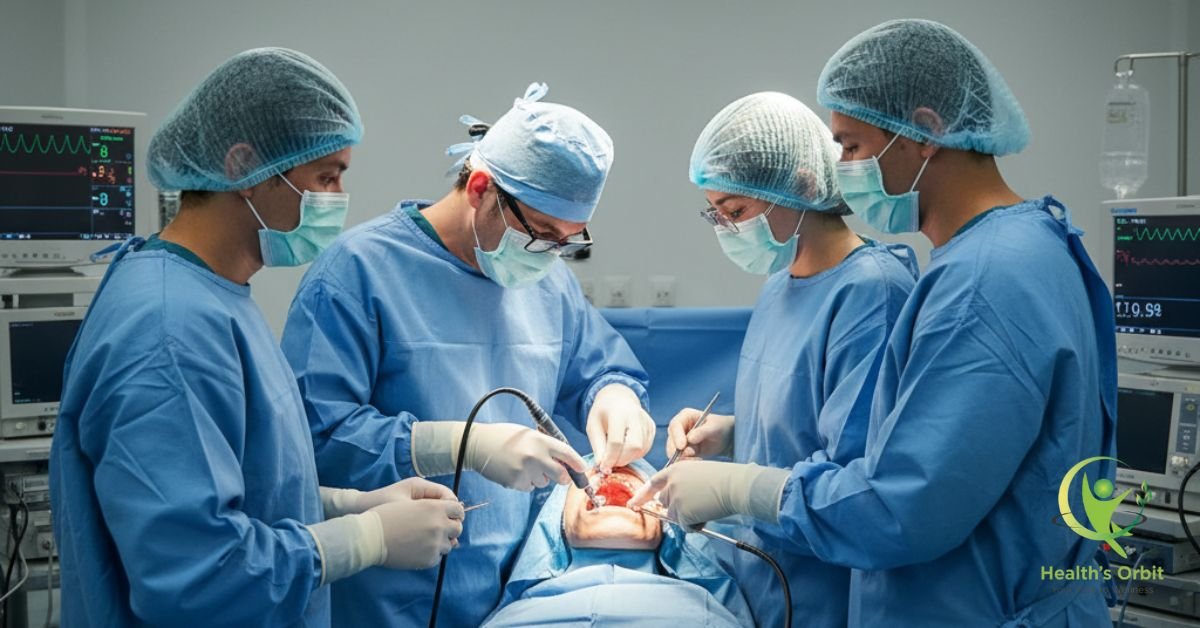When it involves dental restorations, brief crowns play a critical role in protecting your enamel while looking forward to an everlasting crown. Many human beings anticipate these short-term caps are durable enough to last indefinitely but that’s not an unusual misconception. In reality, brief crowns are designed for limited use simply long enough to protect your teeth till your everlasting crown is prepared. Understanding how lengthy a temporary crown can remain, a way to care for it and what to avoid could make a massive difference in your dental health and comfort.
Understanding What a Temporary Crown Is
A dental crown is a cap positioned over a damaged or weakened tooth to repair its form, strength, and look. The system of making an everlasting crown frequently takes one to 2 weeks, depending on your dentist’s lab and the type of material used. During this ready length, a brief crown is suited for shielding the teeth from sensitivity, decay and shifting. Temporary crowns are typically made from acrylic or composite resin materials which can be less long lasting than porcelain or metal. They are bonded with a weaker dental cement so they may be effortlessly eliminated as soon as the everlasting crown is ready. Because in their transient nature, those crowns require special care and interest to avoid harm or dislodgment.
Temporary Crown Lifespan: How Long It Can Last
The transient crown lifespan is generally between two to four weeks, relying on your dental needs and your oral care recurring. However, in a few instances, patients may need to put on a transient crown for up to 2 or three months mainly if the dentist is acting multiple approaches or expecting the gum tissue to heal. It’s critical to not forget that whilst a transient crown can last longer than expected, it’s no longer designed for long-term wear. The materials used are liable to put on and tear and the weaker cement way they can loosen or come off without difficulty if not properly maintained. If you locate yourself carrying a temporary crown longer than a month, make certain to have normal test-ins with your dentist. They can determine the crown’s situation, ensure it’s nevertheless defensive to your tooth, and make modifications if essential.
Why Temporary Crowns Are Important
- Even even though transient crowns are quick-lived, they serve numerous vital functions:
- They shield the uncovered teeth and nerves from sensitivity.
- They hold right spacing so that nearby teeth don’t shift out of position.
- They allow you to eat, communicate and smile usually while your everlasting crown is being made.
- They help your dentist evaluate how the permanent crown ought to match for comfort and characteristic.
- Skipping a brief crown or neglecting it can result in teeth harm, extended sensitivity or maybe infection that may postpone your treatment or complicate the crown-becoming procedure.
Caring for Your Temporary Crown
Proper temporary crown preservation could make a huge distinction in its durability and luxury. Because those crowns are more fragile than eternal ones, they want greater care. First, hold exact oral hygiene. Gently brush your enamel twice a day using a smooth toothbrush and ensure to clean carefully across the gum line. You can maintain brushing with a transient crown as you generally would, however be gentle across the place to avoid loosening the crown. Flossing needs additional preservation, however do it cautiously. Instead of pulling the floss upward which might dislodge the crown, slide it out gently from the side. This method protects the cement and reduces the threat of the crown coming free. Mouthwash also can be used to save you bacterial buildup but keep away from competitive swishing motions that could shift the crown out of the region.
Foods to Avoid with a Temporary Crown
Diet performs a large position in defending your transient crown. Because it’s connected with a weaker adhesive, certain ingredients can without difficulty dislodge or crack it. Knowing the foods to avoid with a brief crown can prevent soreness and further visits to the dentist. Hard ingredients like nuts, popcorn kernels and hard sweets need to be averted when you consider that they can chip or wreck the crown. Sticky meals consisting of caramel, chewing gum and toffee can pull the crown off entirely. Chewing ice or biting into very cold meals can also increase the threat of loosening the cement. Hot foods would possibly cause sensitivity since the temporary crown doesn’t insulate the tooth as efficiently as an everlasting one. Instead, keep on with tender meals which include mashed potatoes, soup, pasta, rice or steamed vegetables. Chew at the side opposite your temporary crown each time feasible to limit strain on it. Being cautious together with your weight-reduction plan guarantees the transient crown lifespan is not shortened by unnecessary damage or pain.
When a Temporary Crown Comes Off
Even with awesome care, you may experience your brief crown coming off abruptly. This can occur from chewing hard food, brushing too aggressively or even from ordinary wear. While it’s hardly ever an emergency, it does require prompt attention. If your transient crown falls out, first try to discover it and lightly rinse it with water. Avoid using glue or any family adhesive to position it lower back, these materials can harm your teeth and gums. Some pharmacies sell transient dental cement that can be used as a short-term repair but it’s continually first-class to contact your dentist properly. Escaping the teeth baring for too long can cause sensitivity, pain or even contamination. Your dentist can quickly recement the crown or make a brand new one if necessary. To avoid this case, ensure to comply with your dentist’s instructions carefully and avoid biting down too difficult on the aspect with the temporary crown.
Brushing with a Temporary Crown: The Right Technique
Many sufferers worry about whether brushing with a brief crown may reason it to come off. The appropriate news is that brushing is not the most effective secure, however it is also critical. The key’s technique. Use a downy toothbrush and mild, revolving to ease throughout the cap and cervical line. Avoid interdental brush too hard or the usage of rough toothpaste, as this can exhaust the acrylic fabric. Electric toothbrushes may be used if you keep the strain mild and avoid direct effect at the crown’s edges. Maintaining smooth enamel and gums around the crown reduces irritation and prevents bacteria from inflicting decay beneath the temporary healing.
How to Extend the Temporary Crown Lifespan
If you’re ready longer than anticipated for your everlasting crown, there are some habits which could help increase your brief crown lifespan. Brush and floss guardedly every day to uphold debridement from the gum line. Rinse with a bactericide mouthwash to grip oral hygiene and fend off germs. Avoid hard and sticky foods and chew slowly the usage of the other aspect of your mouth. If you grind your enamel at night, don’t forget asking your dentist for a mouthguard to defend both the crown and your herbal tooth. Avoiding pointless strain and retaining correct hygiene can without difficulty preserve your temporary crown in precise condition for numerous weeks or maybe more than one month.
What Happens If You Keep a Temporary Crown Too Long?
Sometimes, because of tour, personal emergencies, or lab delays, sufferers turn out to be maintaining a transient crown longer than supposed. While it is able to stay functional for a while, it’s now not really useful to put it on for the past three months. Over time, the susceptible cement can also loosen, creating gaps where bacteria can enter and motive decay. The crown cloth itself may additionally begin to become worse, dropping its form or turning into discolored. This can cause gum infection, increased sensitivity or contamination. Additionally, extended use of a temporary crown can cause your surrounding teeth to shift slightly, making it tougher on your everlasting crown to heal well in a while. If you watched your crown has been in location too lengthy, agenda a dental checkup immediately. Your dentist can assess the situation and make certain your tooth stays blanketed till your permanent crown is prepared.
Temporary Crown Maintenance: Staying Consistent
Good brief crown maintenance is a mixture of mild hygiene, aware ingesting and ordinary dental checkups. Still it’s now not an endless healing, being concerned about it as though it were can hinder headaches and ensure your smile stays salubrious and pain removed. Invariably is the important thing. Brush lightly twice an afternoon, floss carefully and keep your dental appointments. If you experience sensitivity, ache or note the crown feeling loose, don’t forget about it. Assisting attention can extricate you a small complication from getting an enormous one.
Conclusion
Temporary crowns are quick-time period solutions, however they’re very important for defending your teeth and ensuring your permanent crown suits flawlessly. Knowing how lengthy a transient crown lasts and the way to take care of it permits you to save you pain or dental emergencies. Simple regular behavior like brushing with a temporary crown carefully, heading off risky ingredients and practicing proper temporary crown protection can make all of the distinction. And in case you ever word your brief crown coming off, your dentist can effortlessly reattach it and hold your remedy on track. By treating your brief crown with care and persistence, you’ll protect your enamel, keep your smile and ensure your everlasting dental crown is placed correctly for lengthy-lasting outcomes.












